By releasing Dr Kafeel Khan, the Allahabad HC has upheld civil liberties and exposed the State Govt’s oppressive intent
At a time when the judiciary is increasingly being perceived to be shadowed by the executive and prevailing sentiment, the Allahabad High Court ruling freeing Gorakhpur doctor Kafeel Khan from preventive custody is reassuring. For it strictly went by the facts of the case instead of perception, as every court should, and upheld the civil liberties of citizens, who are increasingly being persecuted by law should they choose to dissent. Most importantly, it upheld the incorruptible sheen of the institution that is the only armour of the common man. The Uttar Pradesh Government held Khan in preventive custody after he was booked under the National Security Act (NSA) for delivering a “provocative speech” against the discriminatory clauses of the Citizenship Amendment Act (CAA) and the National Register of Citizens (NRC) at Aligarh Muslim University. The court, sifting through every word and context of the speech, was categorical that it did not “promote hatred or violence” and was in no way inflammatory or threatened law and order. If anything, it emphasised the unity and diversity of the country. It even pointed how the district magistrate (DM) of Aligarh had ordered his detention after “selective reading and selective mention of few phrases from the speech ignoring its true intent.” The court then systematically punched holes in the administration’s rationale saying no reasonable man would have come to the conclusion about the speech in the manner that the DM did. But then reason is the first casualty of a propaganda war. Particularly one that is structured according to majoritarian requirements. Of course, the hasty and selective action was intended to perpetuate the official Government narrative that a certain community was being divisive about a new citizenship law by labelling its valid concerns as “hate speech.” The fact is notables and civil society came out spontaneously against the exclusionary nature of the law and the mindset behind the religion-based approach of naturalising asylum seekers. Clearly, the State used oppressive tools to silence what had galloped into a countrywide movement. In Khan’s case, the deliberateness is all the more evident as he made the speech in December but was detained in February, following the Chief Judicial Magistrate court’s order granting him bail. The NSA case was slapped on him around that time to keep him in jail, where he has been seven months now. And the State Government clearly held sway over the lower courts to set an example and scare dissenters from taking to the streets. The Allahabad High Court, through its ruling, has clearly indicted the intent of the State Government to hound voices critical of it.
Dr Khan is no stranger to controversy, having been blamed for children’s deaths at a Gorakhpur hospital when he tried to procure oxygen cylinders to save them. That did not deter him from pursuing causes he felt mattered to the everyday citizen. This bias is why he feels his persecution would not end so soon as a new case could be slapped on him on some wild pretext or the other. In other words, the fear of victimhood remains. This is hardly a favourable image of our justice system. The court’s job is to uphold the fundamental rights of the citizen to free speech and protest and ensure his/her life and personal liberty are safe under Article 21 of the Constitution. Hopefully, this judgment will spur neutral and independent assessment of pending civil liberty cases across the country.







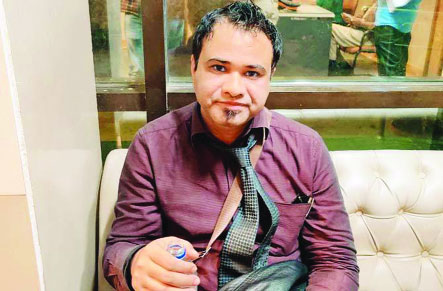
 OpinionExpress.In
OpinionExpress.In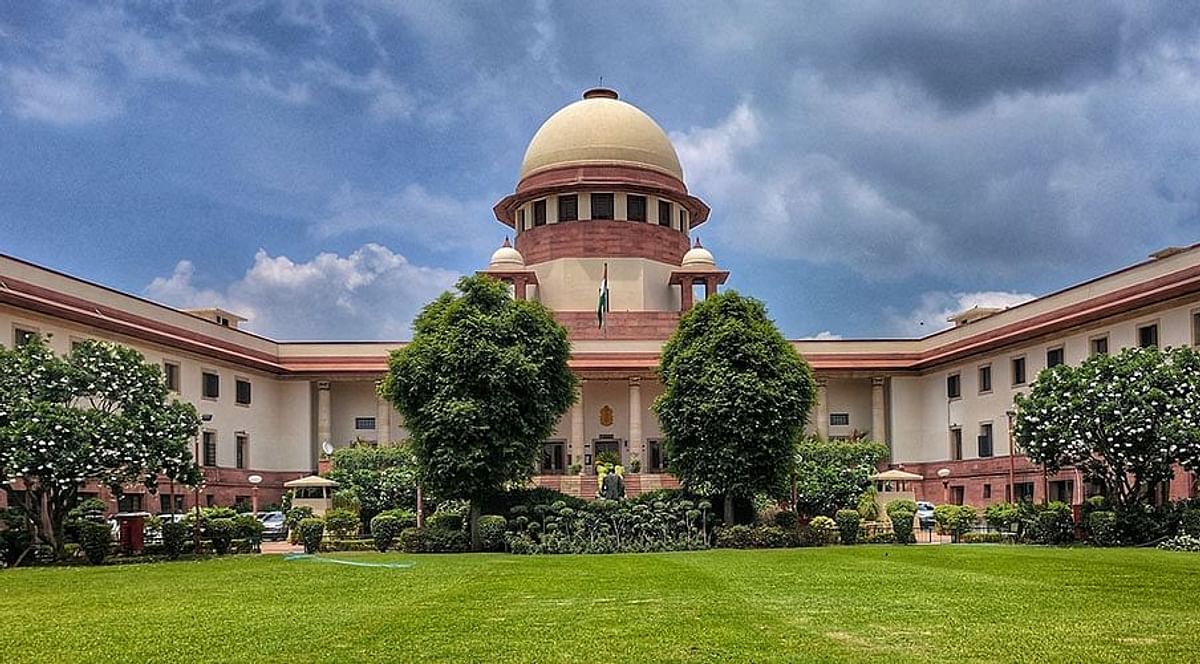
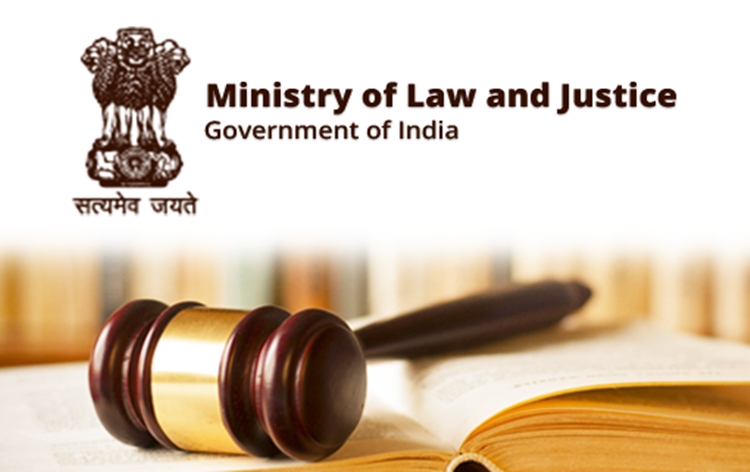
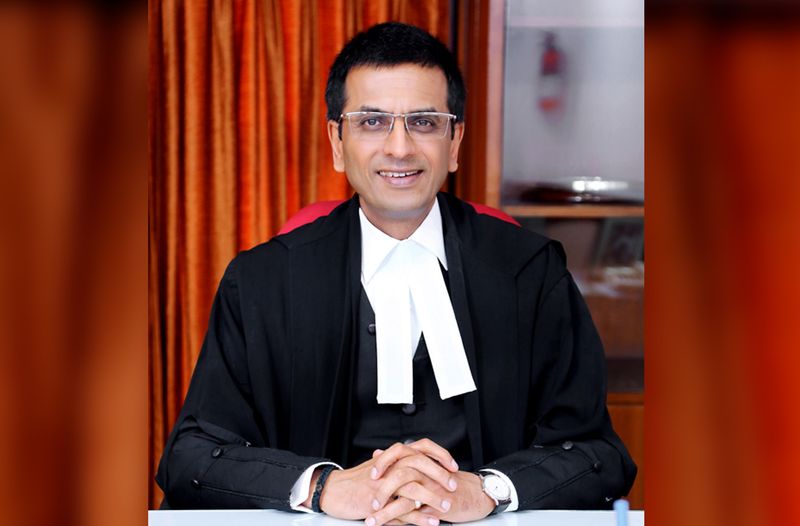
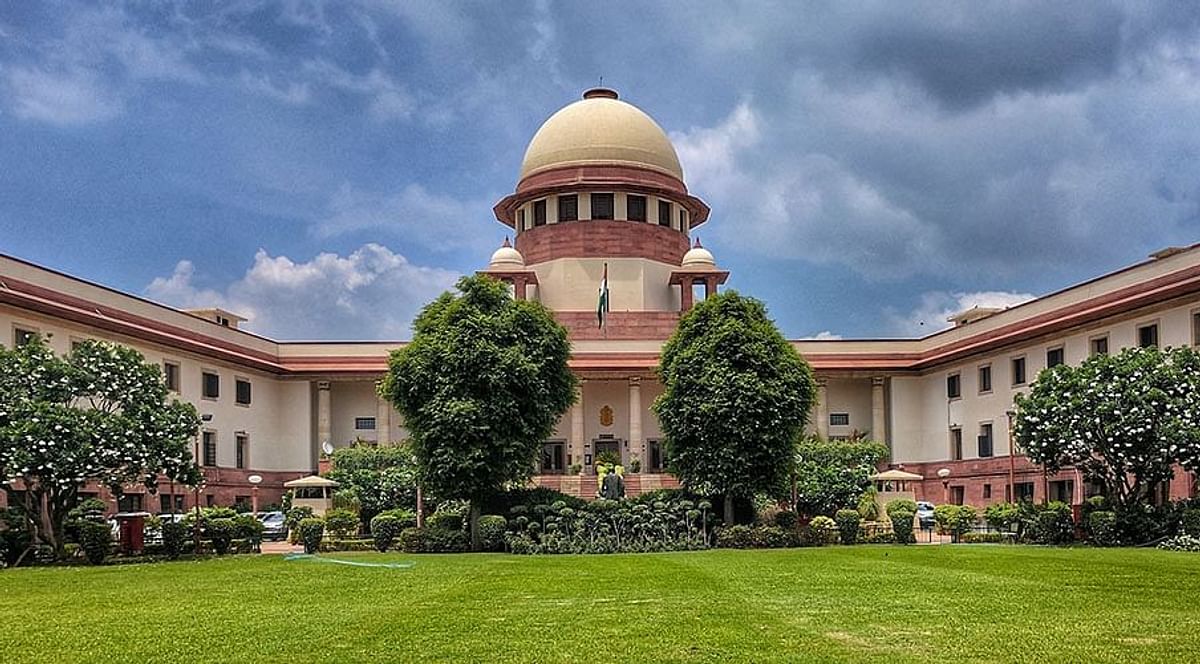
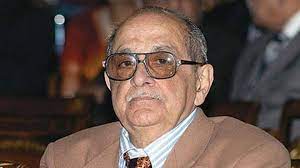
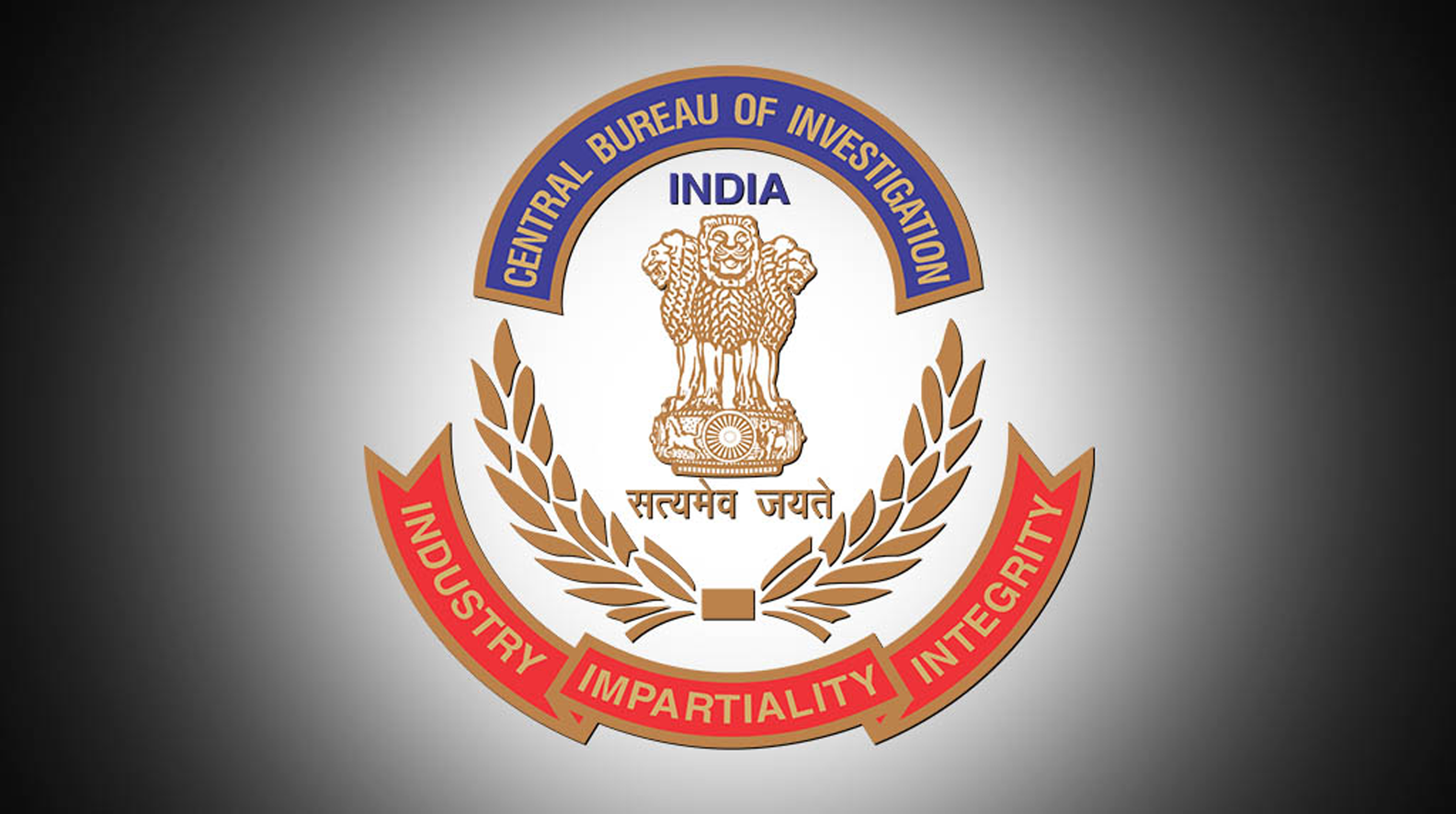
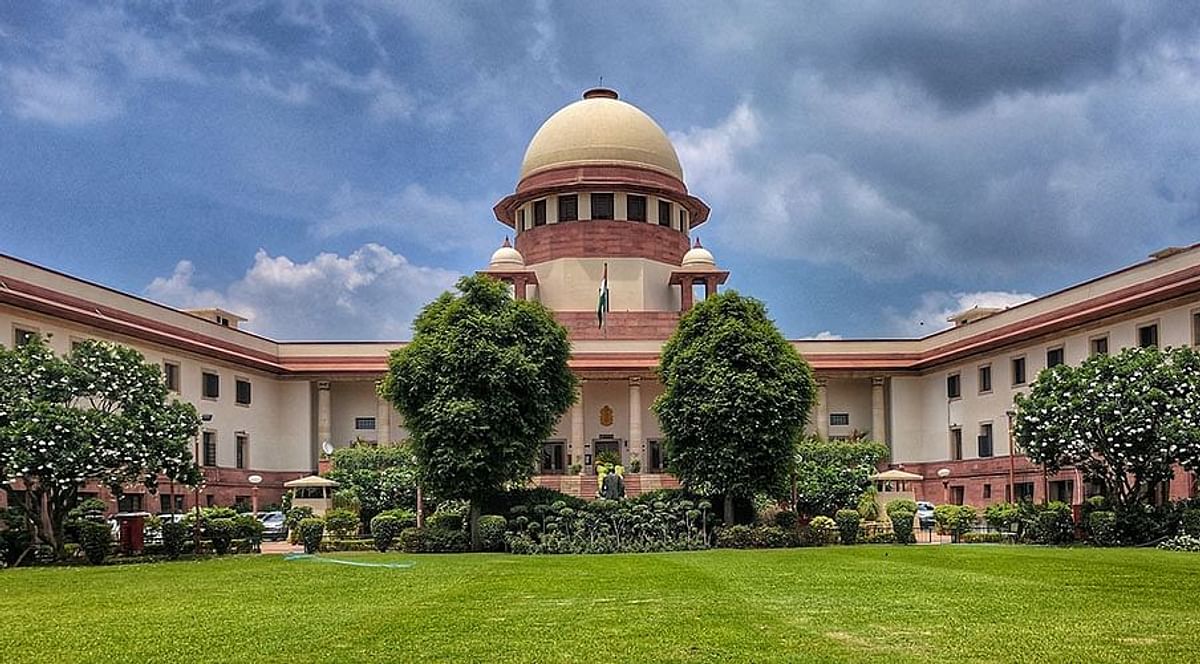
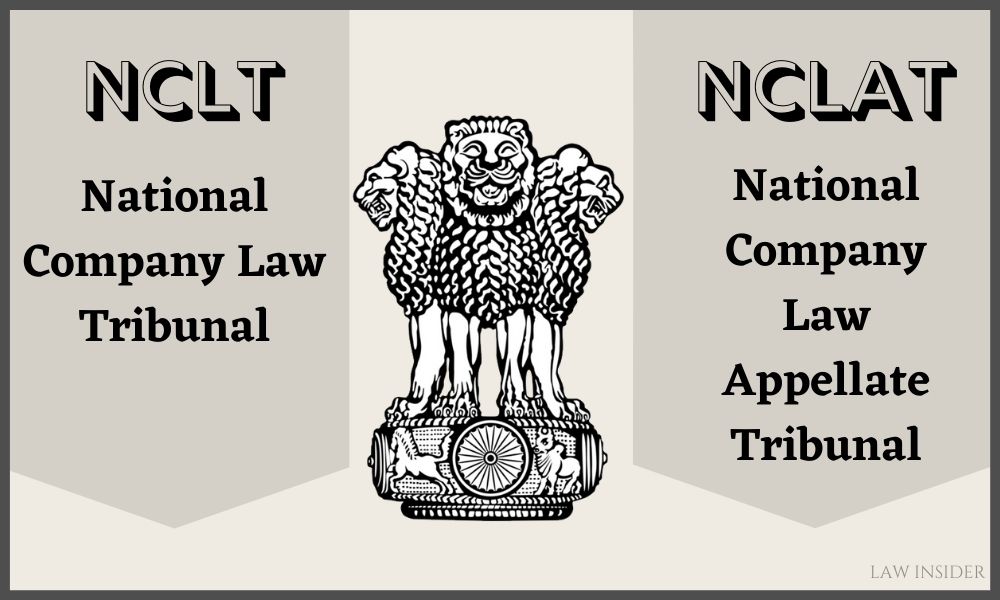
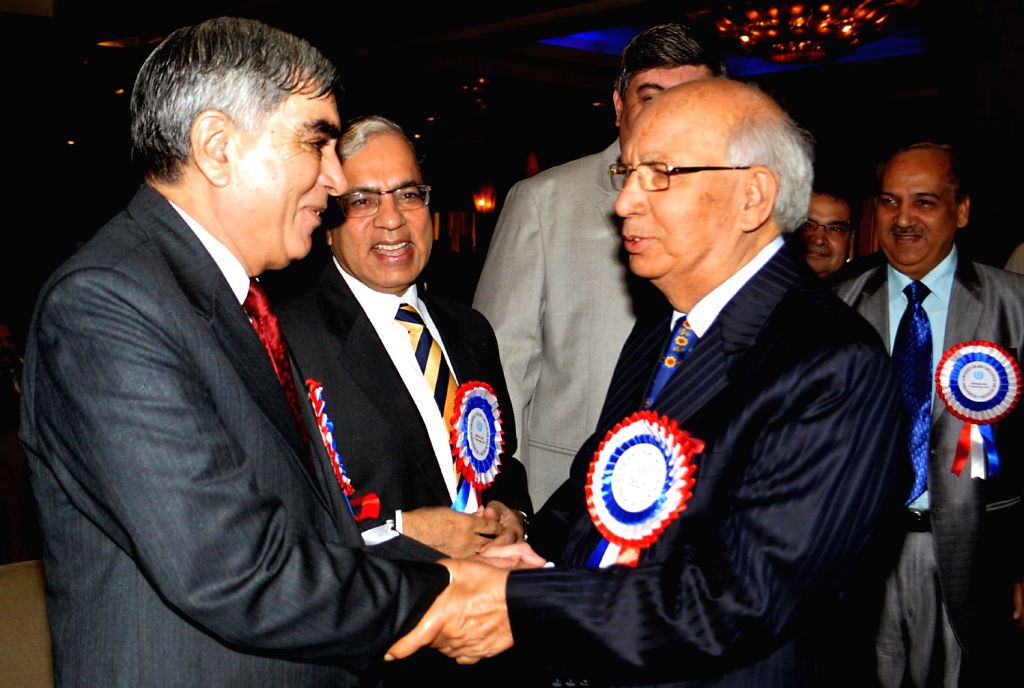
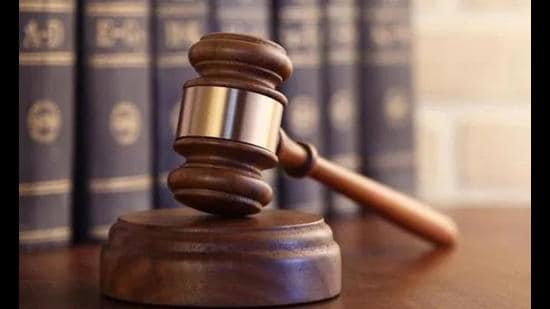






Comments (0)